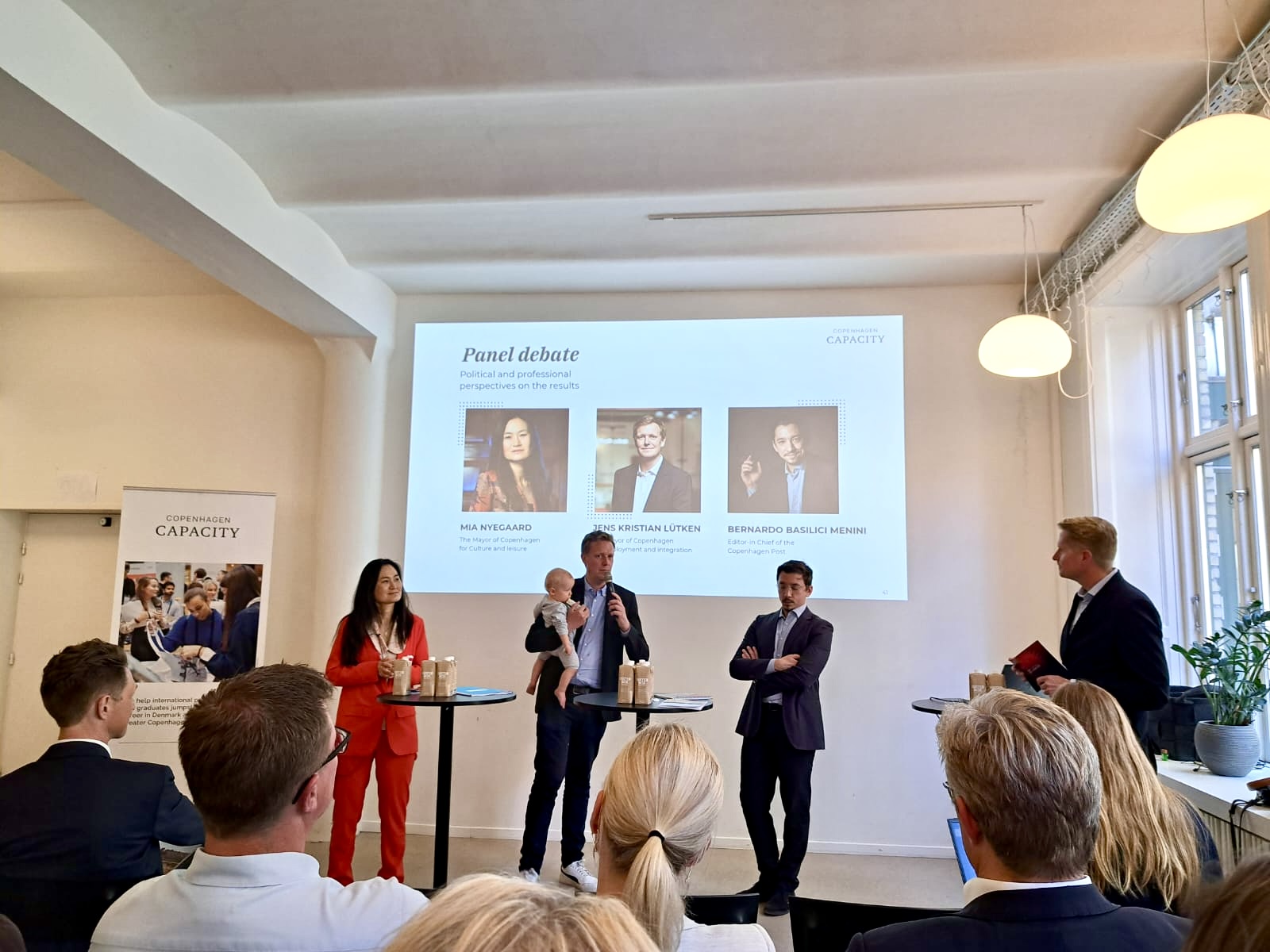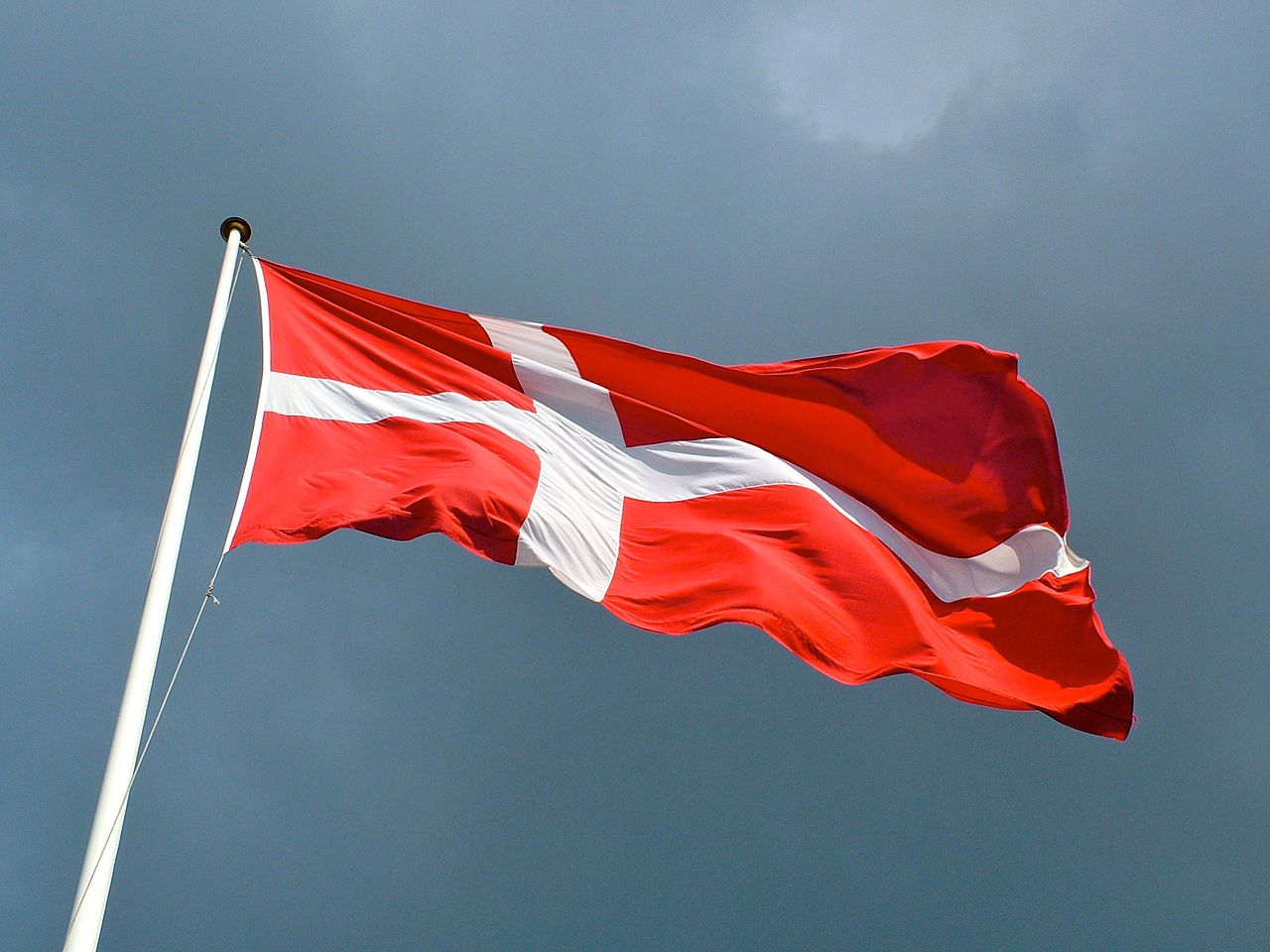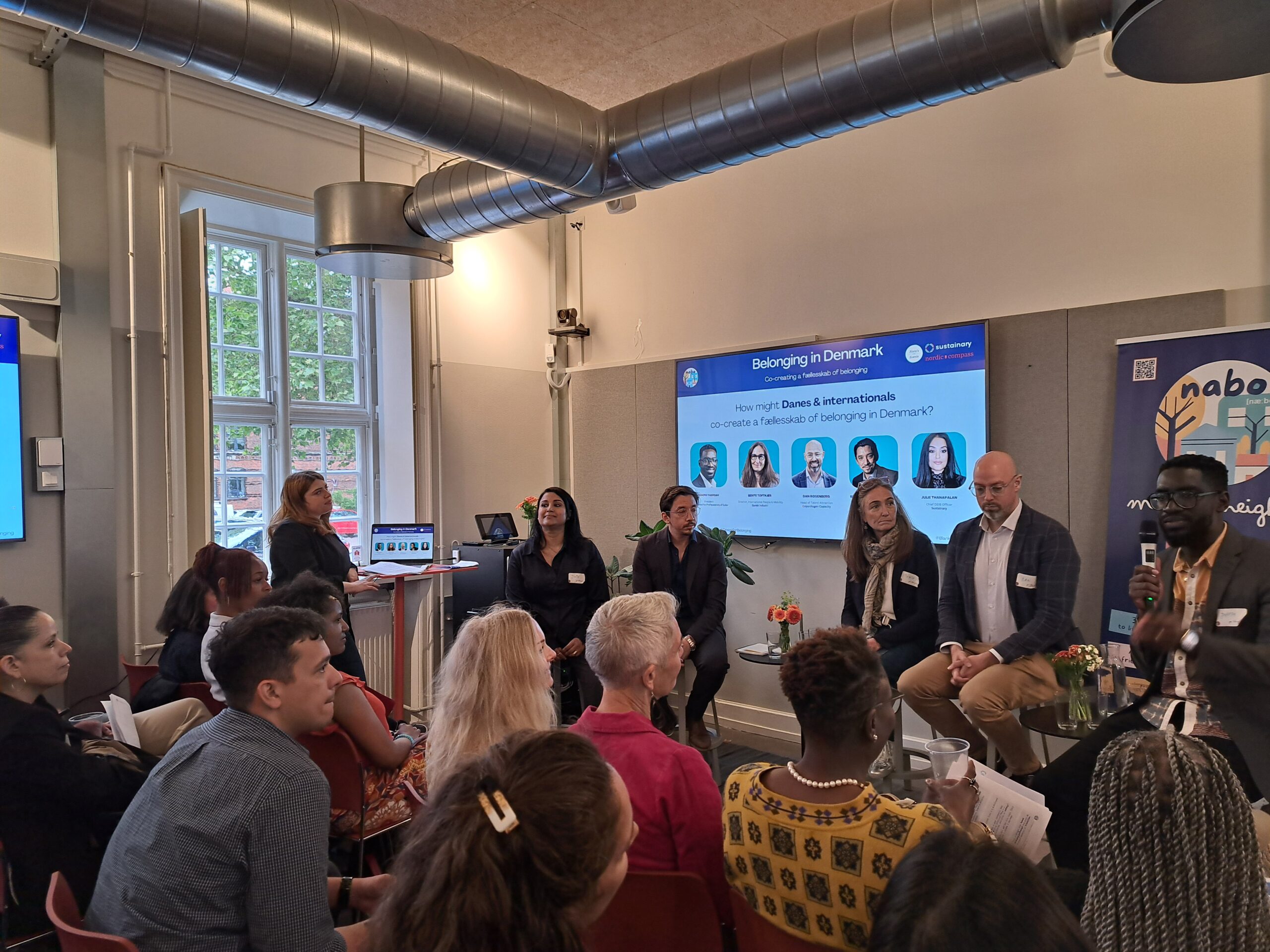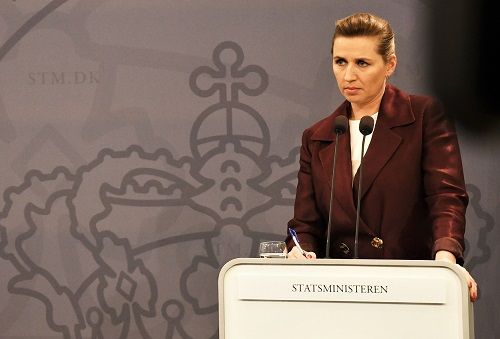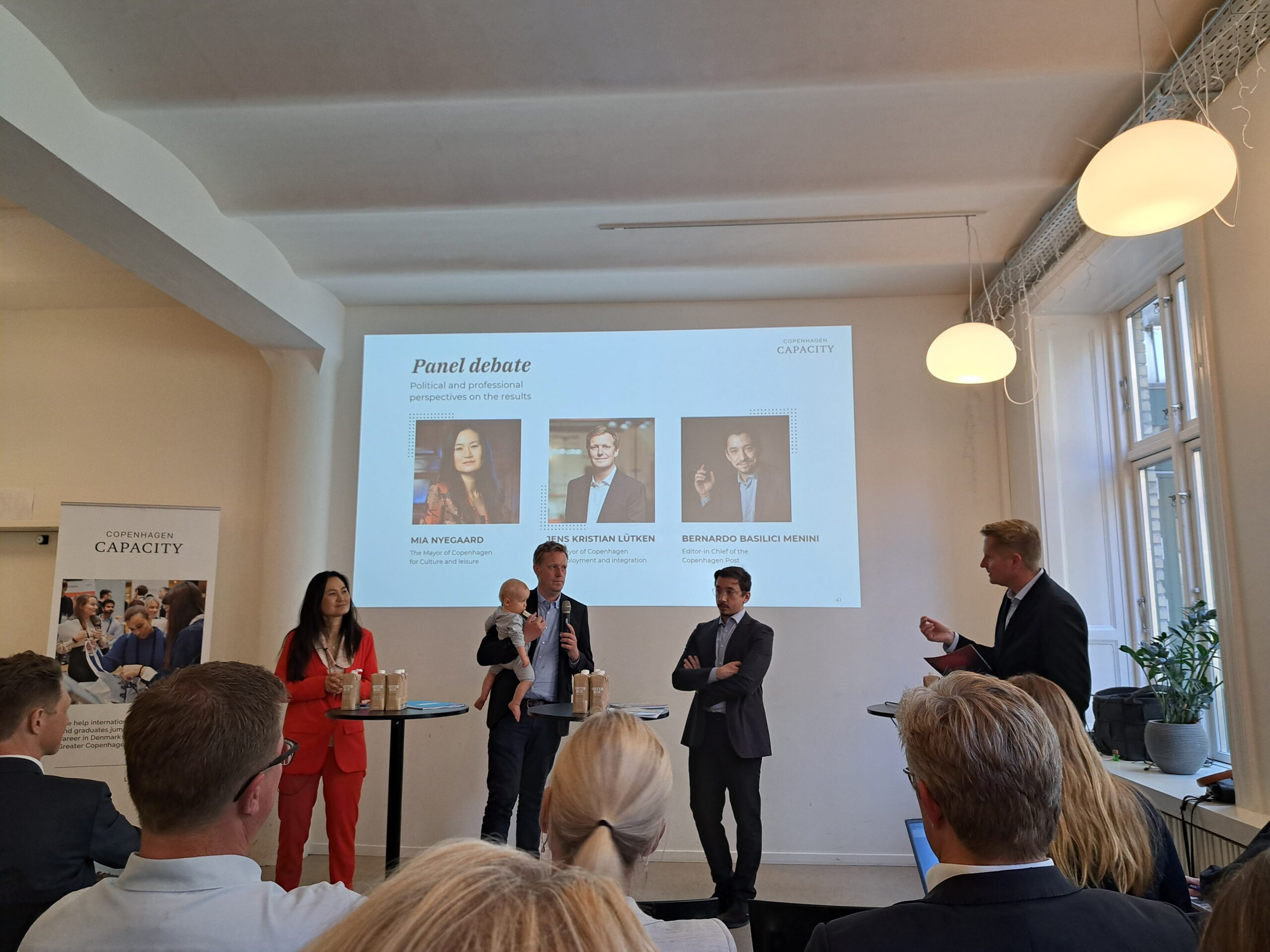In light of the case-processing time doubling since 2007, the justice minister, Peter Hummelgaard, has faced a barrage of criticism in Parliament.
Today, victims of crime face having to wait close to two years to see justice in the courts of Denmark, according to BT newspaper.
BT revealed that the average case-processing time was 307 days during the fourth quarter of 2007 – a figure that had more than doubled to a record 617 days in the same quarter in 2022.
“This is a serious violation of the people’s sense of justice. It’s grotesque to wait this long for a crime to end up with a conviction,” Mikael Sjøberg, the head of judge association Den Danske Dommerforening, told BT.
Delays across the board
The revelation led to Hummelgaard being questioned about the development in Parliament yesterday.
The case-processing duration has increased particularly at the courts, but also within the halls of the prosecutor’s office and the police.
The news comes despite political promises to reduce case-processing times.



